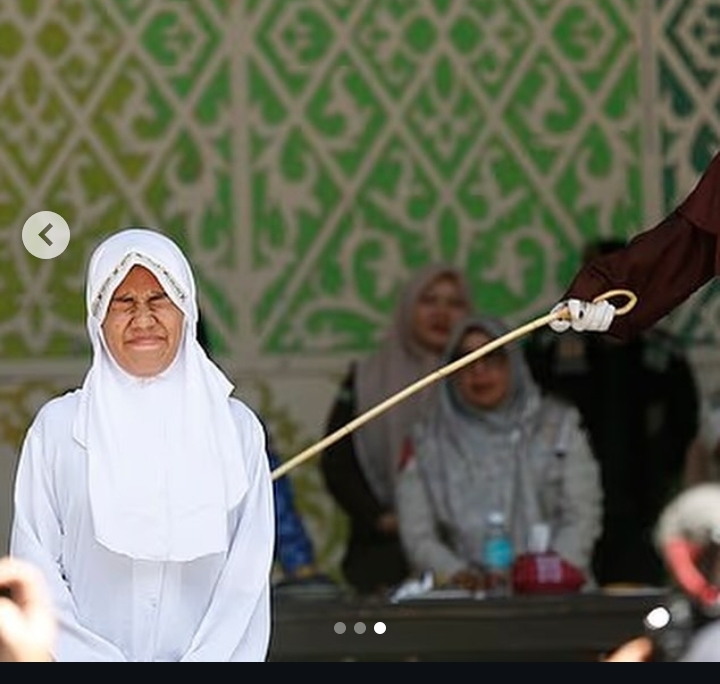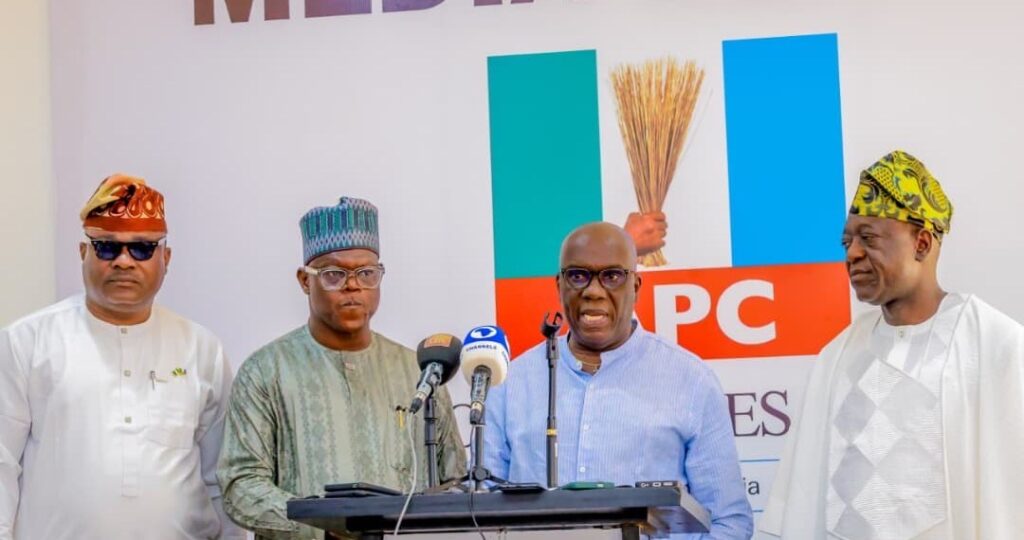Though Kwankwaso Might Work with Tinubu, He Hasn’t Joined APC, Says NNPP
The New Nigeria Peoples Party (NNPP) has strongly refuted claims that its national leader, Senator Rabiu Musa Kwankwaso, is defecting to the ruling All Progressives Congress (APC), following rising speculation on social media.
Prince Nweze Onu, the NNPP’s National Vice Chairman (South-East), made the clarification during a press briefing on Sunday, describing the rumour as baseless and orchestrated by mischief-makers using modern technology.
“Talks about Kwankwaso moving to the APC only exist on social media,” Onu said. “The use of AI and other instruments of social media is very dangerous and makes people spin a lot of narration, especially when it comes to politics.”
He further addressed viral images and reports of Kwankwaso’s recent visit to the Presidential Villa in Abuja, which had sparked speculation of an impending defection. According to Onu, the visit was misinterpreted.
“Kwankwaso didn’t go for any political visitation or negotiation. He attended a programme that was held at the Villa. The fact that he and President Bola Tinubu were seen together was purely coincidental because the event took place there,” Onu explained.
However, amid the swirling rumours, Kwankwaso himself has neither denied nor ruled out the possibility of working with the Tinubu administration in the future.
Speaking in an earlier interview, the former Kano State governor admitted that although he remains a staunch member of the NNPP, he is open to collaboration with the President “if it is in the interest of Nigerians.”
Political analysts view this openness as a strategic stance by Kwankwaso, who garnered a significant number of votes in the 2023 presidential election and remains a key political figure in Northern Nigeria.
His potential alignment with the APC-led federal government has generated wide interest among observers of Nigerian politics, especially given the fluid nature of party loyalties.
Despite the denials, speculation is unlikely to die down soon, particularly as the 2027 general elections approach and political realignments continue to reshape the national landscape.







